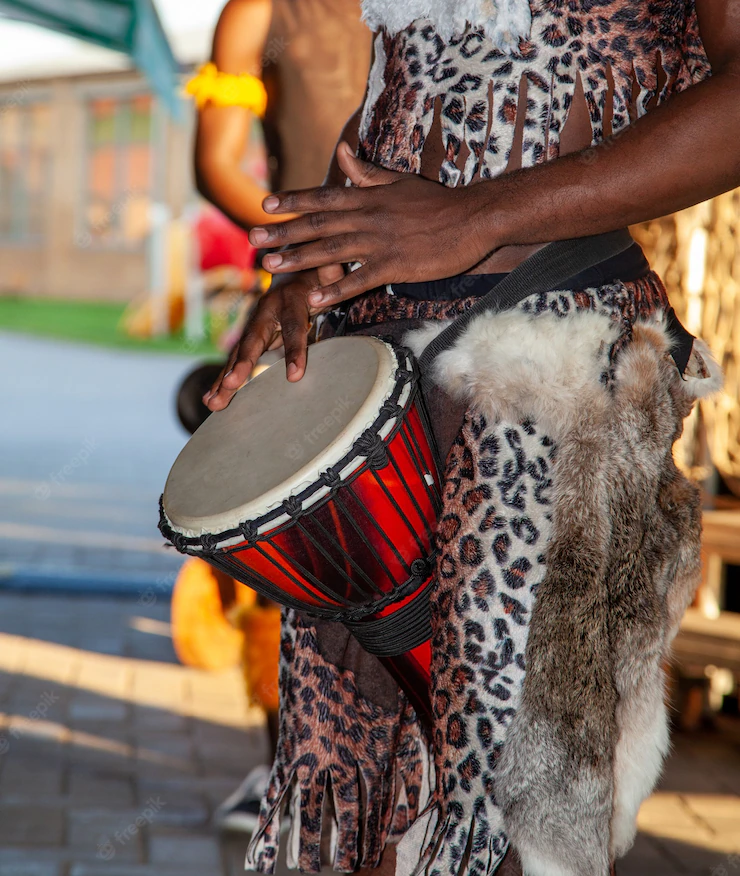Cultural taboos are deeply ingrained norms and beliefs that shape societies and influence individuals’ behaviors. In South Africa, like in many other countries, cultural taboos can restrict women’s roles and perpetuate stereotypes that limit their potential. However, South African mothers are breaking these boundaries, challenging traditional norms, and carving a path of empowerment and progress.
South Africa is a diverse nation with a rich cultural tapestry, comprising various ethnic groups, languages, and traditions. Within this diversity, cultural taboos differ, but some common themes can be identified. These taboos may include restrictions on women’s education, limitations on career choices, prescribed roles within the family, and expectations surrounding marriage and motherhood.
However, South African mothers are defying these cultural taboos and embracing their own aspirations and ambitions. They are stepping out of traditional gender roles and pursuing careers, education, and personal goals that were once considered unconventional or even taboo. By doing so, these trailblazing mothers are challenging societal expectations and paving the way for future generations of women.
One area where South African mothers are breaking cultural taboos is in the pursuit of education. Education has long been regarded as a pathway to empowerment and social mobility, but cultural norms may discourage girls from seeking higher education. However, South African mothers are prioritizing their own education and advocating for their daughters’ right to access quality education. By encouraging their children, especially their daughters, to pursue their academic aspirations, they are dismantling the barriers that prevent women from reaching their full potential.
In addition to education, South African mothers are breaking cultural taboos in the realm of career choices. Traditionally, certain fields were considered more suitable for men, while others were seen as appropriate for women. However, South African mothers are challenging these stereotypes by pursuing careers in male-dominated sectors such as engineering, finance, technology, and entrepreneurship. They are proving that gender should never be a limiting factor in career choices and are inspiring a new generation of women to follow their passions without restrictions.
Another cultural taboo that South African mothers are confronting is the expectation of marriage and motherhood. While family and motherhood are highly valued in South African society, the pressure to conform to societal expectations can be overwhelming. However, mothers are asserting their right to make independent choices about marriage and motherhood, whether it involves delaying marriage to pursue personal goals, choosing to be single mothers, or opting for smaller families. By embracing their autonomy and challenging the notion that motherhood is the sole defining aspect of a woman’s life, these courageous mothers are fostering a culture of choice and self-determination.
Breaking cultural taboos is not without its challenges. South African mothers who challenge societal norms often face resistance, criticism, and judgment from their communities and even their own families. However, their resilience, determination, and unwavering belief in their own abilities enable them to overcome these obstacles. In doing so, they create a path for others to follow and inspire a societal shift toward greater gender equality and empowerment.
The impact of South African mothers breaking cultural taboos extends beyond their individual lives. Their actions challenge deep-rooted stereotypes, shift societal perceptions, and create space for dialogue and change. By breaking boundaries and defying cultural norms, they contribute to building a more inclusive, equitable, and progressive society for future generations.
As South African society continues to evolve, it is crucial to support and celebrate the mothers who are breaking cultural taboos. By providing them with the necessary resources, platforms, and networks, we can create an enabling environment for their success. Moreover, fostering open conversations and promoting awareness about the impact of cultural taboos on women’s lives can facilitate meaningful change and empower more South African mothers to challenge societal constraints.
In conclusion, South African mothers are breaking cultural taboos and defying limitations imposed by traditional norms. They are pursuing education, embracing diverse careers, and making independent choices about marriage and motherhood. Their courage and determination are reshaping societal perceptions, fostering gender equality, and creating a more inclusive and empowered South Africa. By celebrating and supporting these trailblazing mothers, we can collectively overcome cultural taboos and build a society that embraces the potential and aspirations of all its members.










